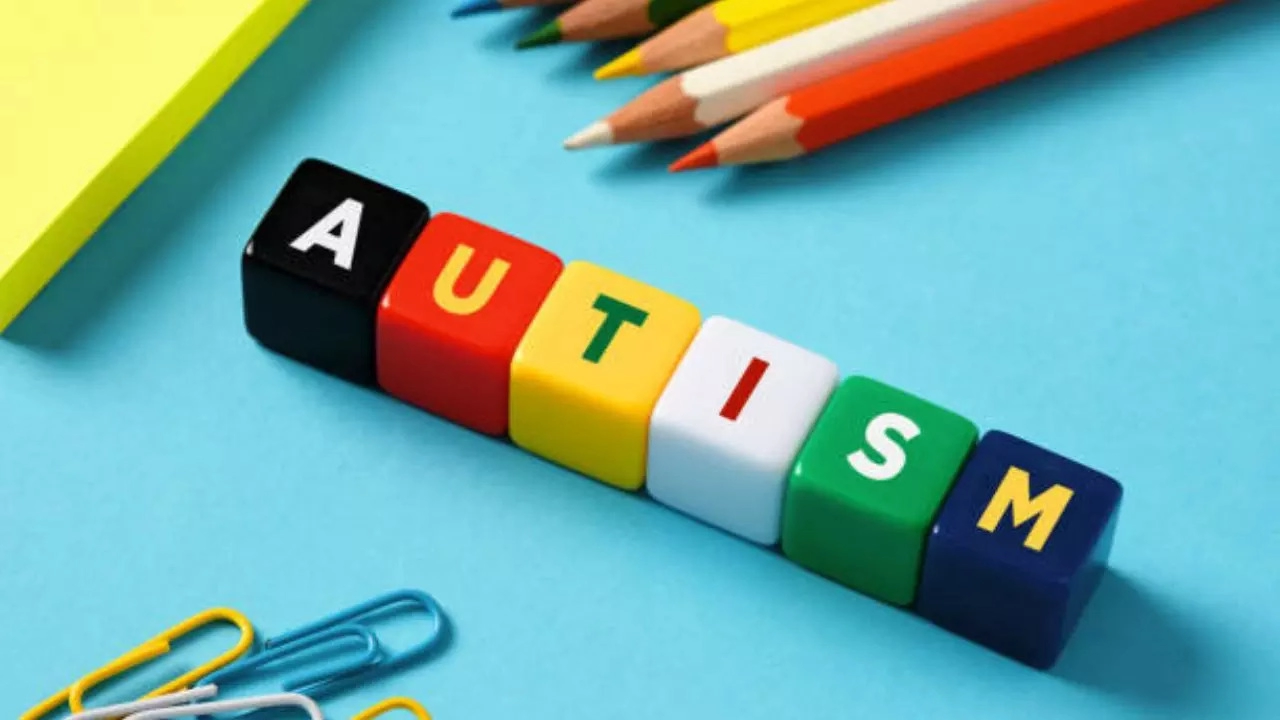Autism Diagnoses Rising Among US Children, Adults; Here's Why
Oct 31, 2024
News

The rise in diagnoses has been especially dramatic among young adults aged 26 to 34 years – experiencing a 450 per cent increase
There has been a big surge in cases of new autism diagnoses among young adults, apart from a rise in diagnoses for girls and young women in the US in just over a decade, researchers have reported. According to the data of over 12 million patients enrolled in major US healthcare systems between 2011 and 2022, published in the journal JAMA Open Network, the number of people diagnosed with autism climbed by 175 per cent.
Also known as an autism spectrum disorder, autism is a neurological and developmental disorder that affects how people interact with others, communicate, learn, and behave. Even though autism can be diagnosed at any age, it is known as a developmental disorder since its symptoms appear in the first years of life.
Spike in autism cases among young adults
According to the report, the rise in diagnoses has been especially dramatic among young adults aged 26 to 34 years – experiencing a 450 per cent increase - more than 5.5 times rise in autism diagnoses between 2011 and 2022. Even though boys are still four times as likely to be diagnosed with autism compared to girls, the gender gap in diagnoses is closing, said the team led by Luke Grosvenor of Kaiser Permanente's Division of Research in Pleasanton, California.
The data also showed that while new diagnoses among male children during the study period rose by 185 per cent, they soared by 305 per cent among girls. Among adults, women charted a 315 per cent rise in autism diagnoses between 2011 and 2022, Grosvenor's group found, compared to a 215 per cent rise among men.
Why is autism rising among the youngsters?
According to the researchers, lack of education for bringing autism spectrum disorders out of the shadows along with less screening for the condition is the reason why the numbers are rising. Experts call for more openness among Americans to get themselves or their children screened for the condition.
Also, the study team says recently, there have been changes to developmental screening practices for children, along with changes in "diagnosis definitions, policies and environmental factors" that could be playing a role in the rise in case numbers. As for the surge in diagnoses among girls and women, Grosvenors' team pointed to research suggesting that "gender behavior norms" can lead females to "socially hide autistic traits.
Autism rates remain highest among the very young. According to this tally, about 30 out of every 1,000 children ages 5 to 8 have an autism diagnosis. That's only slightly higher than the 27.6-per-1,000 (about 1 in 36) rate seen among children generally in 2020, as calculated by the U.S. Centres for Disease Control and Prevention.
The researchers have also stressed that the new data could still be an undercount of cases of autism spectrum disorders, especially among adults. "Rates reported here may underestimate the true prevalence of ASD in adults, especially older female adults, as many would not have been screened in childhood and remain undiagnosed," the researchers noted.
Get Latest News Live on Times Now along with Breaking News and Top Headlines from Health and around the world.



